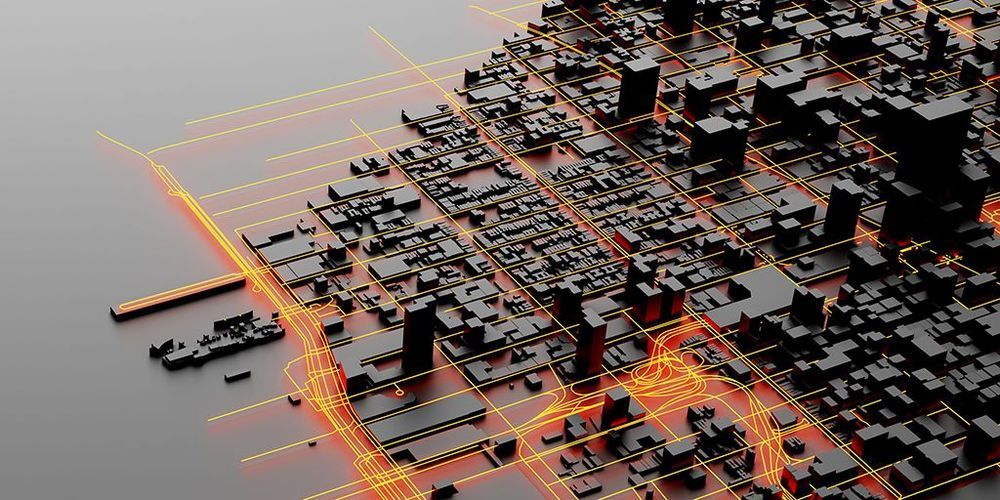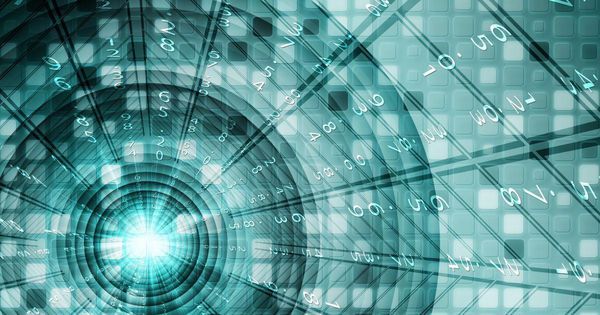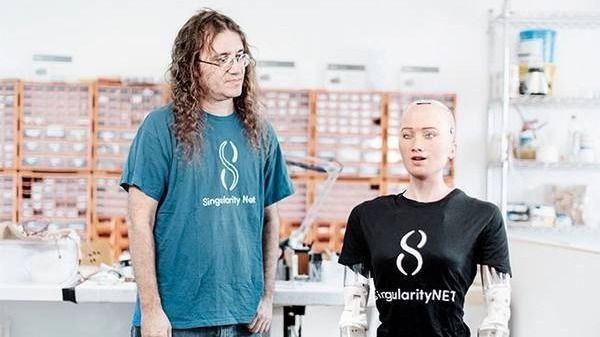As the artificial brain races towards the singularity, what we often forget is the boost to human brainpower that will accompany it. As we increase our senses and perceptions, humans have a choice what to do with these new superpowers, that can be used to reinforce one’s tunnel vision of life or to ignore it.
This story is part of What Happens Next, our complete guide to understanding the future. Read more predictions about the Future of Fact.
Not everyone experiences the world in the same way. Whether it’s how you react to the results of an election or what tones you hear in a sound clip, observable reality is often not as objective as you think it is.
Emerging technologies such as augmented reality will further blur this line. With AR on mobile devices and head-mounted displays, we’re well within the start of what it means to live an augmented life. Humans are doing a lot of fun things right now, like integrating playful games into our world and painting ourselves with digitally applied effects and makeup. We’re also starting to find utility for AR in the workplace and with hardware designed specifically for the enterprise market.





